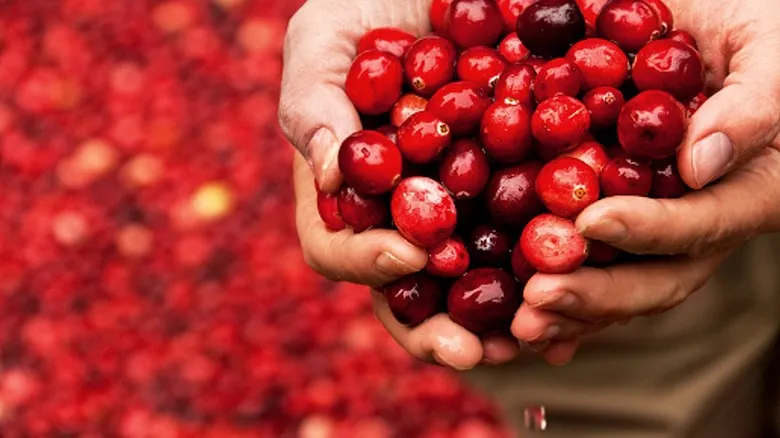Cranberries add flavor to a variety of Indigenous dishes
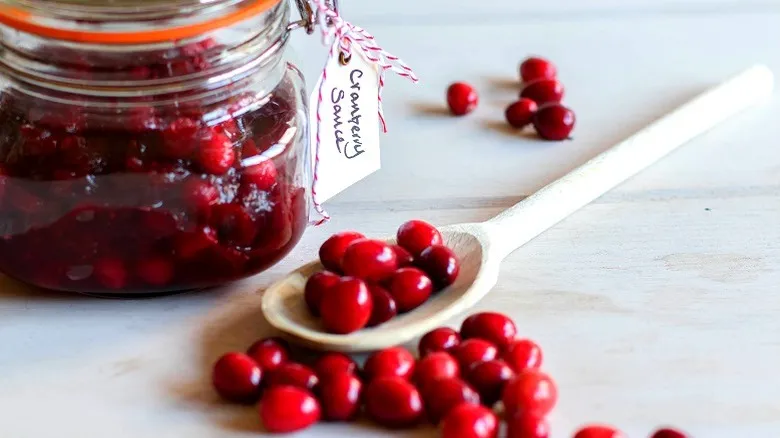
One cranberry dish you might want to explore is pemmican, a traditional Indigenous recipe. While this straightforward dish is ideally made with game meats like deer, buffalo, or elk, many contemporary versions substitute beef. The process involves drying the meat, grinding it with cranberries, and mixing it with melted fat before allowing it to cool into a brownie-like form.
If you're vegetarian, there's no need to fret—there are numerous cranberry recipes to savor, such as mixed berry scones. Indigenous elder Joan Tavares Avant, a Wampanoag scholar, creates cranberry desserts that are sure to impress your guests at any gathering. Consider making banana cranberry biscuits, cranberry coffee cake, or cranberry pie for a delightful and sweet treat.
Award-winning chef and food educator Sean Sherman, a member of the Oglala Lakota Sioux tribe, offers a simple wojape recipe that requires only cranberries, maple syrup, and rose hips. Wojape is a traditional cranberry sauce, and Chef Sherman emphasizes the importance of using ingredients that are native to the land. While you can always opt for canned cranberry sauce, elevate it by incorporating some fresh ingredients.
Additionally, there are countless ways to enjoy cranberries. Open a jar of cranberry jelly and spread it on fry bread for a comforting snack, or enjoy the berries fresh from the field. Indigenous cultures have long included cranberries in their culinary traditions, so why not broaden your culinary horizons by trying a new recipe this Indigenous People's Day?
Recommended
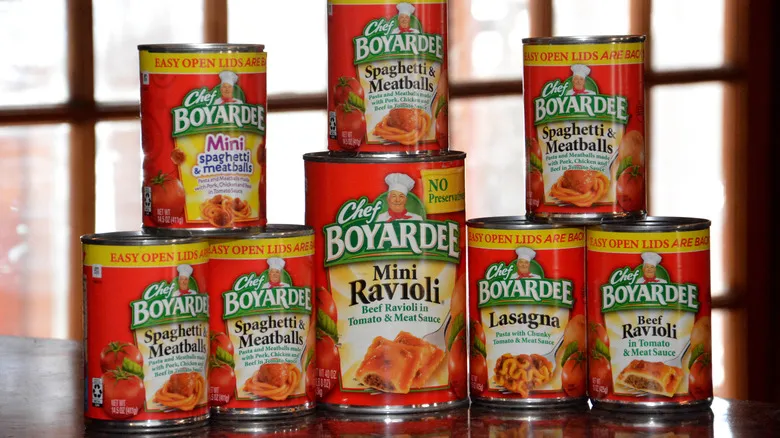
How Chef Boyardee Became A Canned Food Celebrity
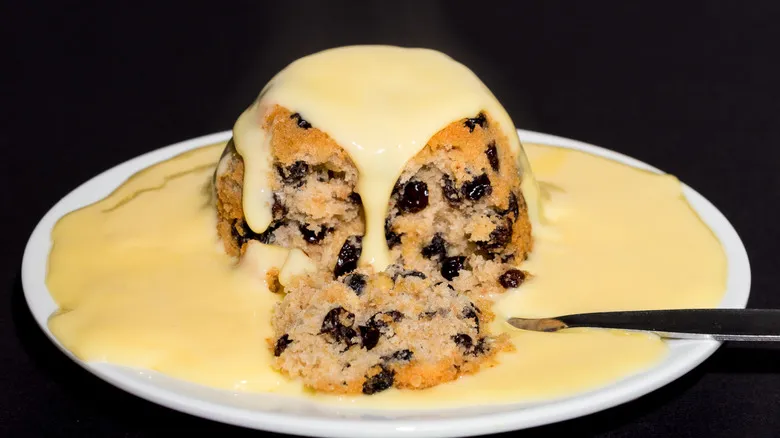
Spotted Dick Is The Unfortunately-Named Dessert With British Origins
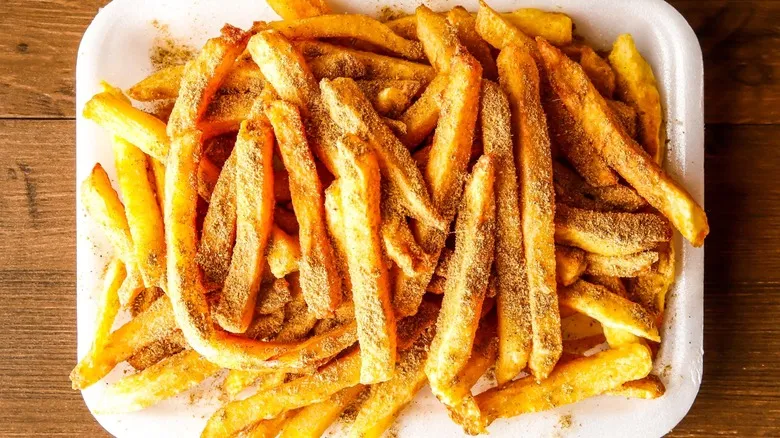
The Spicy Way That French Fries Are Enjoyed In Kenya
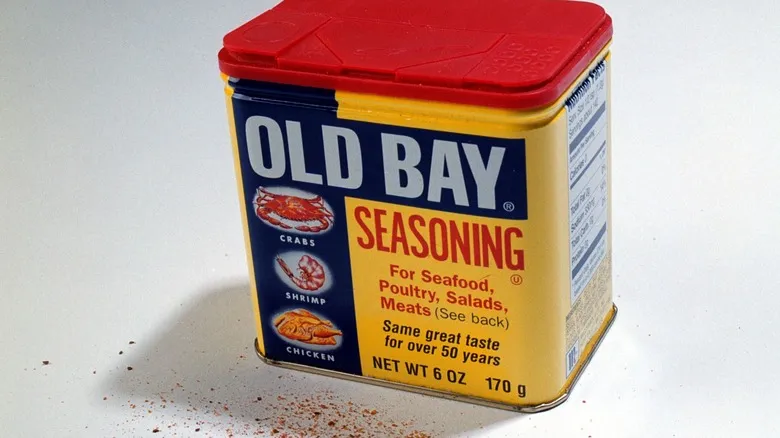
What Exactly Goes Into Old Bay Seasoning?
Next up

